
Xu Yanzi, Research Fellow, Information Technology and Innovation Foundation
Sun Chenghao, Fellow, Center for International Security and Strategy of Tsinghua University; Munich Young Leader 2025
Jun 05, 2024
Expanding the dialogue to include a broader range of stakeholders would provide more diverse perspectives with regard to the risks and opportunities associated with artificial intelligence and, potentially, create new opportunities for innovation and experimentation.

Chen Xi, Founder of Harbor Overseas, Visiting Senior Fellow at United Arab Emirates University
Zhu Xufeng, Dean of School of Public Policy & Management, Tsinghua University
Xiao Geng, Director of Institute of Policy and Practice at Shenzhen Finance Institute, Chinese University of Hong Kong
Okan Geray , Strategic Adviser for Dubai Digital Authority, Chair of United for Smart Sustainable Cities
Wang Dong, Professor and Director, Institute for Global Cooperation and Understanding, Peking University
May 29, 2024
To revitalize innovation and build confidence in the private sector, the two countries should collaborate, from the Middle East to Africa, in unconventional ways. This would not only provide new business scenarios but would also offer an integrated solution for global governance going forward.

Wang Zhen, Research Professor, Shanghai Academy of Social Sciences
May 29, 2024
The recent act passed in the U.S. House of Representatives — even if endorsed by the Senate and signed into law by the president — is unlikely to be effective in eliminating antisemitism in the United States. A kind of national reconciliation will be required.
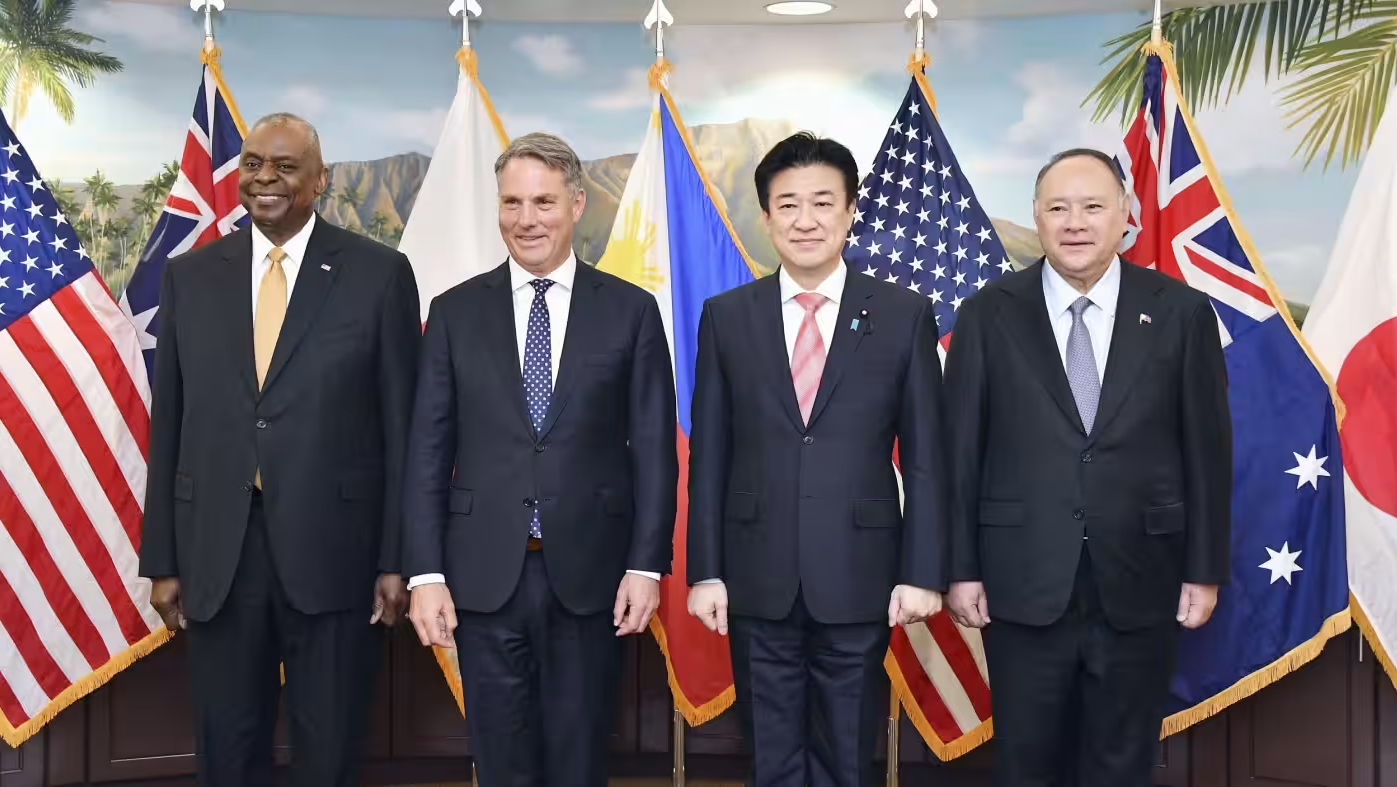
Richard Javad Heydarian, Professorial Chairholder in Geopolitics, Polytechnic University of the Philippines
May 24, 2024
Amid a shifting foreign policy in the Philippines under President Ferdinand Marcos Jr., maritime tensions in the South China Sea have escalated, prompting the Philippines to join the newly-formed Quadrilateral security grouping, dubbed the 'Squad,' to intensify security cooperation. While Marcos Jr. emphasizes diplomatic solutions, tensions persist due to opposing interpretations of past agreements with China, potentially complicating regional dynamics.
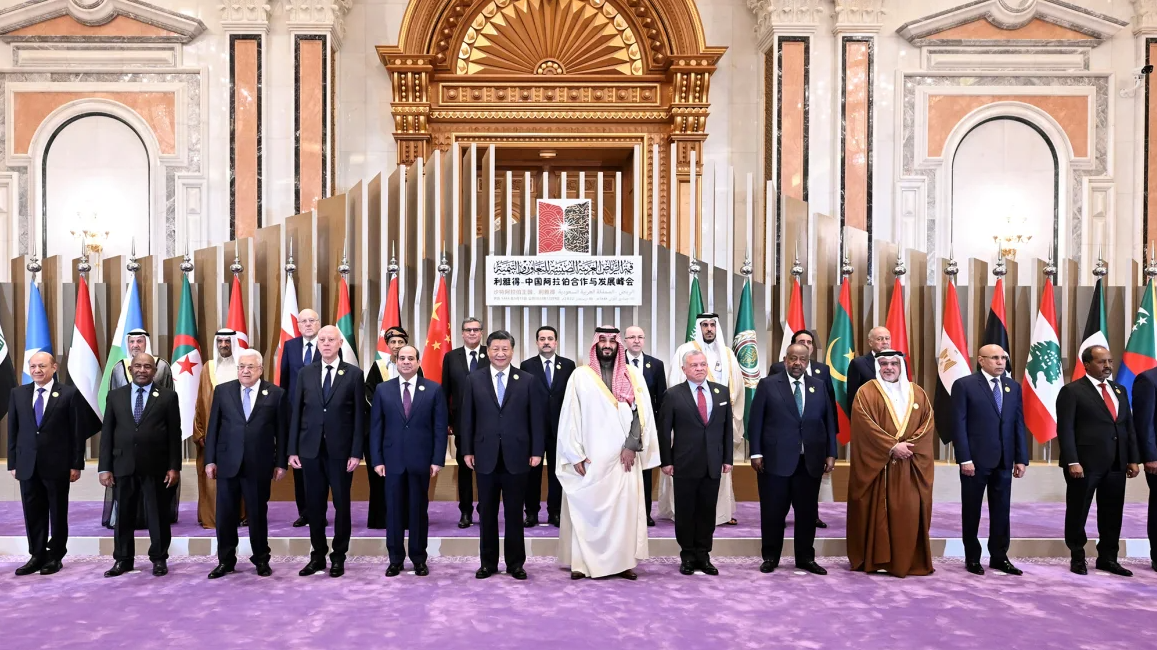
Jin Liangxiang, Senior Research Fellow, Shanghai Institute of Int'l Studies
May 23, 2024
China is deeply intertwined with Saudi Arabia and other GCC countries. It is contributing to regional security and will be one of the major sources of the region’s future wealth. And, unlike the West, it will always respect the way of life in the region, including the dominant religion.
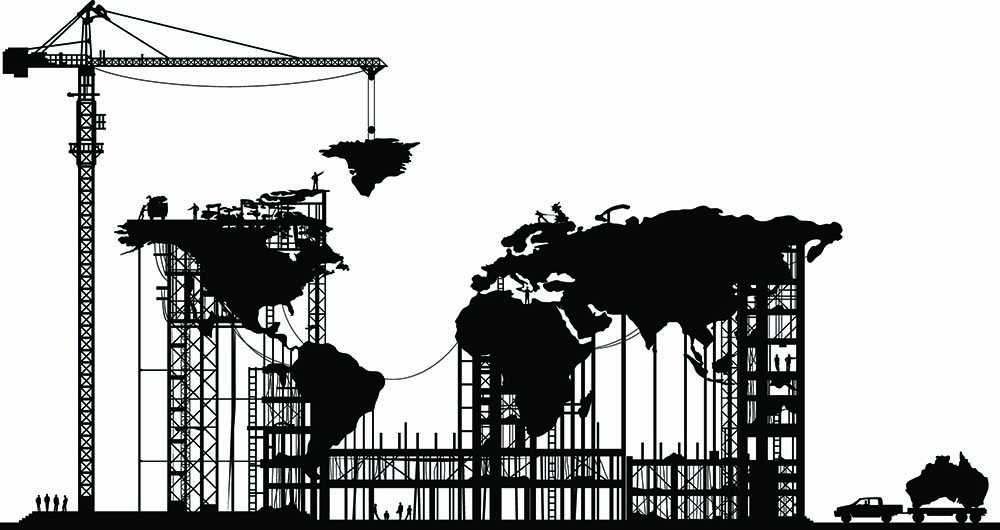
Zhang Tuosheng, Principal Researcher at Grandview Institution, and Academic Committee Member of Center for International Security and Strategy at Tsinghua University
May 22, 2024
Despite their positive aspects, globalization, multi-polarization and technological advancement come with pronounced negatives that pose challenges to the post-Cold War world order. The only way forward is for the West to cooperate with China and engage in active and candid dialogue.

Zhou Yiqi, Associate Fellow, Center for West Asian & African Studies, Shanghai Institutes for International Studies
May 17, 2024
Sustainable peace in the Middle East — in particular between Israel and the Palestinians — will require meaningful change in Palestine’s status: Its sovereignty must be established and recognized. A unified push by China and the United States to that end would be an important guarantor of success.
Xiao Bin, Deputy Secretary-general, Center for Shanghai Cooperation Organization Studies, Chinese Association of Social Sciences
May 08, 2024
American involvement in the Ukraine war is partly driven by moral imperatives, but the deeper reason is concern for its own future security. NATO’s reliance on Washington could increase as Russian power is drained, but it will be difficult to change the tactical balance on the battlefield.
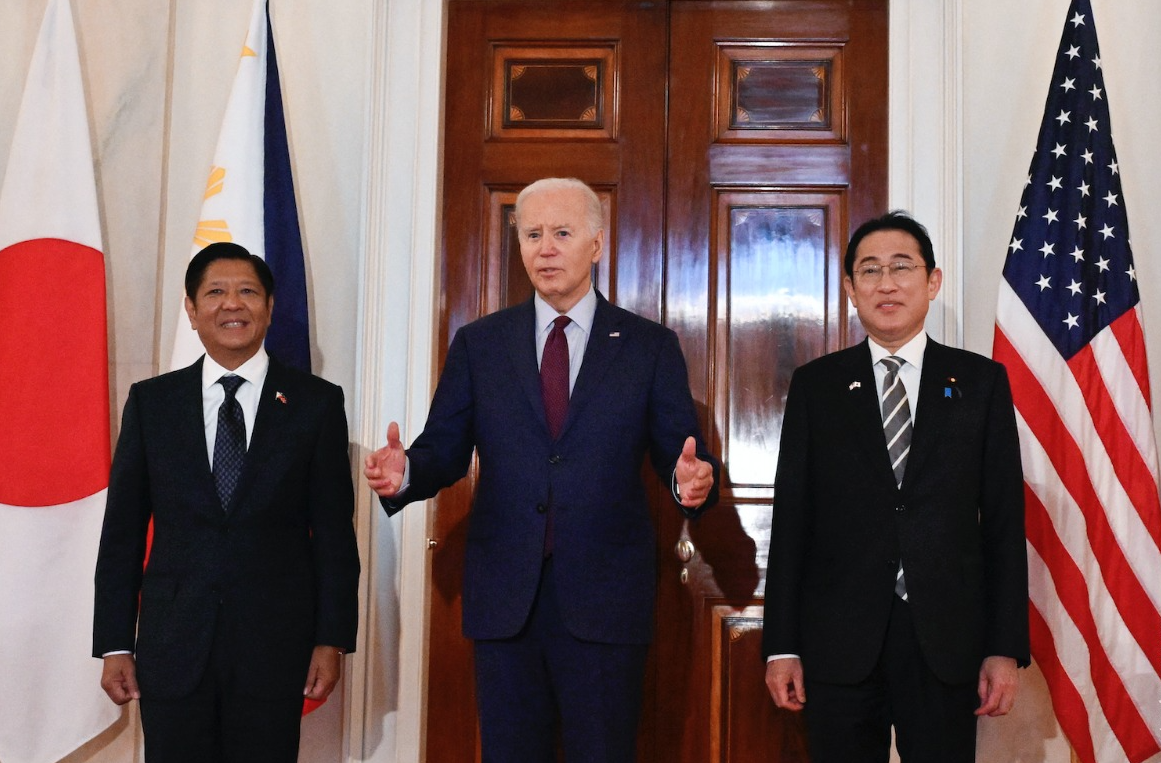
Lucio Blanco Pitlo III, President of Philippine Association for Chinese Studies, and Research Fellow at Asia-Pacific Pathways to Progress Foundation
May 02, 2024
The U.S., the Philippines, and Japan recently met in Washington for a trilateral summit, where they discussed security, diplomacy, economics, and more. At the meeting, Manila also exemplified a strategic alignment with Washington and Tokyo, particularly in countering China's assertiveness in the South China Sea and pursuing economic diversification away from Chinese dependency.
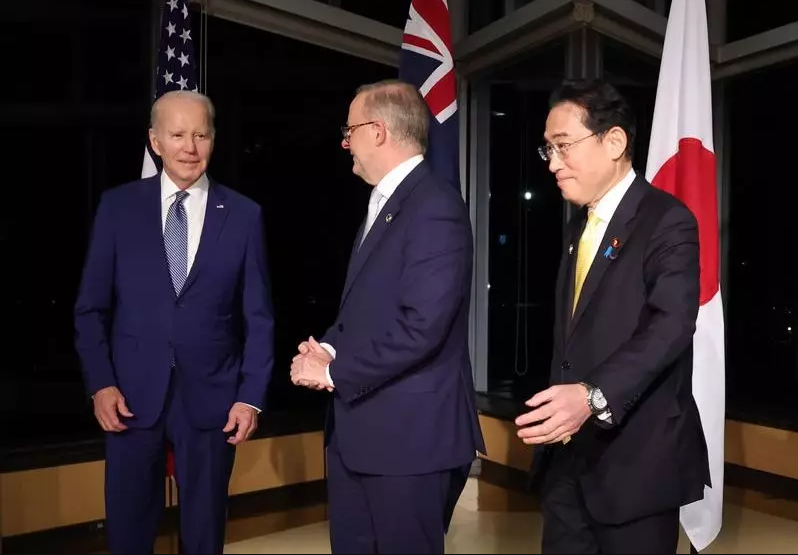
Cui Lei, Research Fellow, China Institute of International Studies
May 02, 2024
The United States has incentives to outsource the production of weapons, as its domestic capacity is insufficient to meet its needs. Co-production benefits others. But it’s also likely to lead to proliferation across borders, create regional security tensions and increase the risk of conflict.